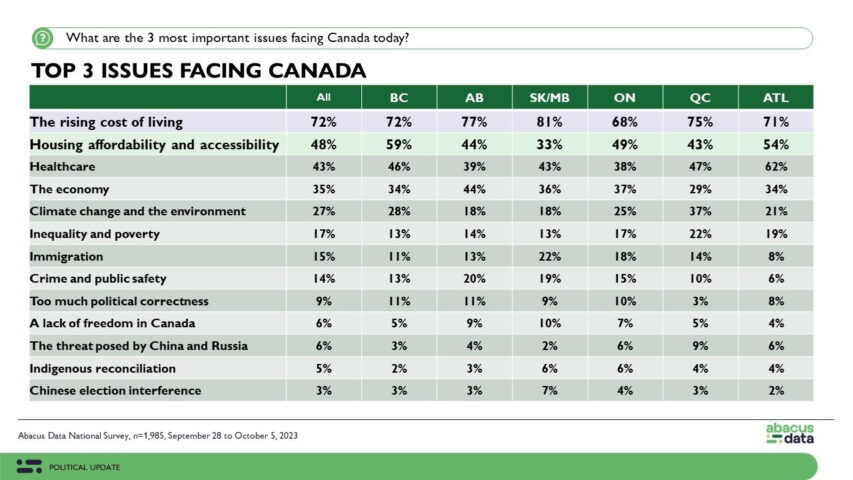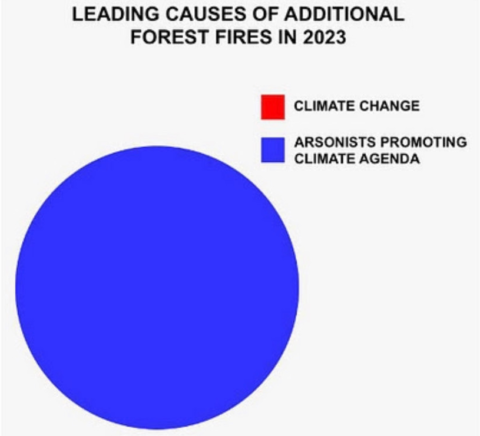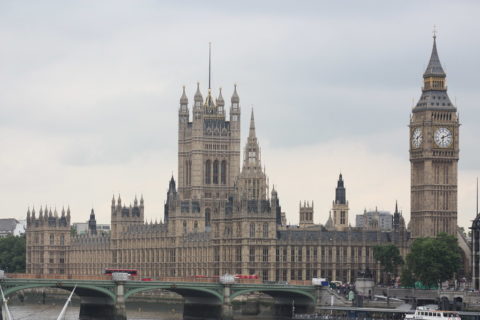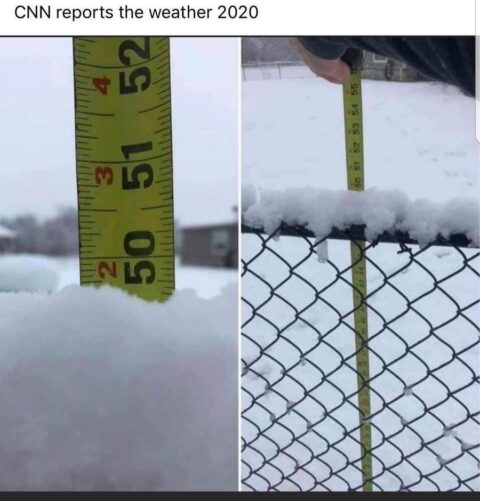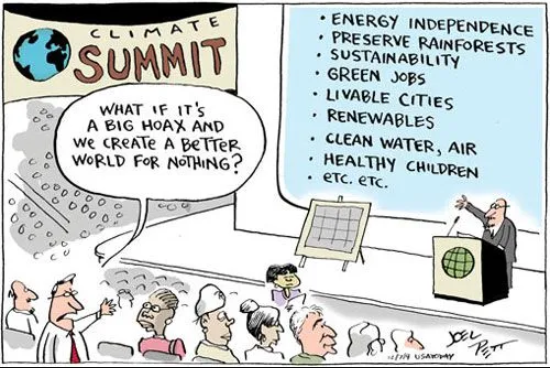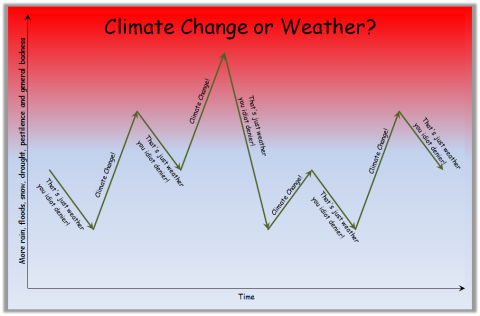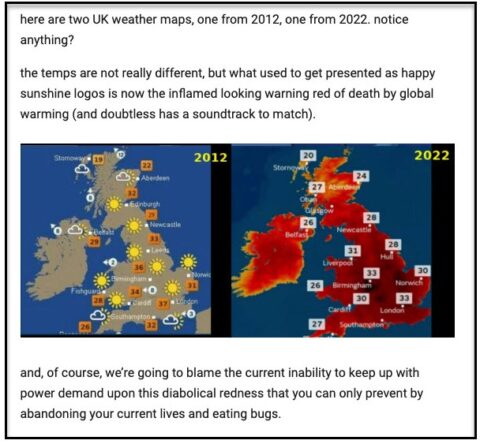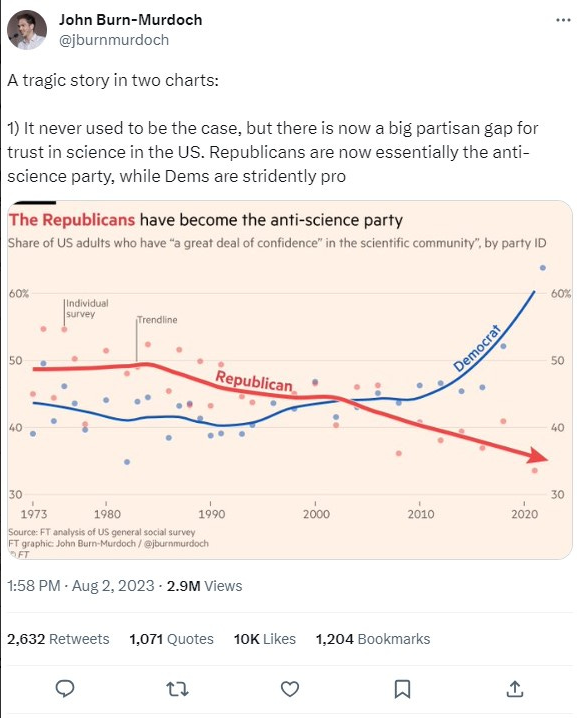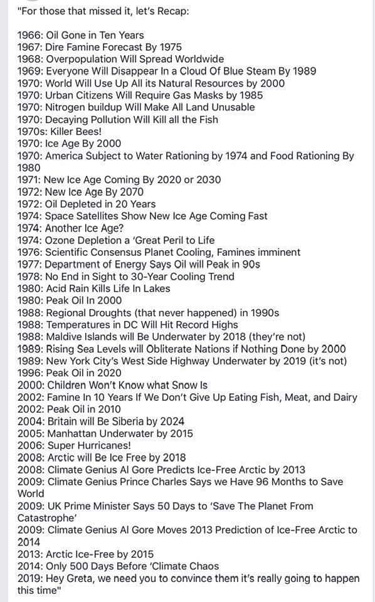Colby Cosh outlines the arguments the federal government used to persuade a majority of the sitting justices of the Supreme Court of Canada to greenlight Justin Trudeau’s carbon tax tax grab and wonders if they suspect they got fast-talked:
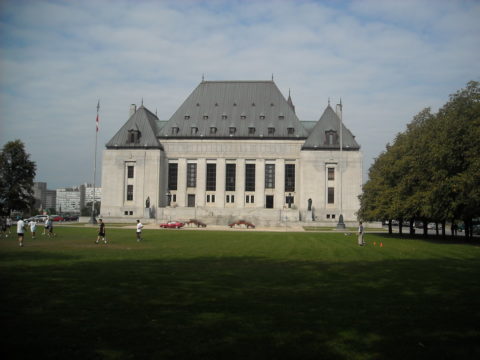
“Supreme Court of Canada, Ottawa” by daniel0685 is licensed under CC BY 2.0
The decision agreeing to this was signed by six of the nine justices of the court: Richard Wagner, Rosalie Abella, Michael Moldaver, Andromache Karakatsanis, Sheilah Martin and Nicholas Kasirer. Today I confront these eminences with the immortal question once asked by Johnny Rotten: ever get the feeling you’ve been cheated?
Last week the Liberal government whose hirelings rhapsodized about the urgent, indivisible, inherently national nature of carbon pricing announced a “temporary” total exemption for fuel oil used for home heating. This has the effect of letting some households in the Atlantic provinces out of a tax that applies to cleaner BTUs in the rest of the country, and the targeted regional nature of this move has been emphasized rather than concealed by Liberal ministers.
Oh, to be sure, it’s temporary. The three-year duration of the exemption just happens to push its expiry past the next federal election. What happens at that point, who knows? And to be sure, the exemption applies to fuel oil for home heating everywhere in Canada where the federal carbon tax applies. It just so happens that the electorally crucial Atlantic is the only place where a significant number of households still depend on the system. The Liberals can perhaps say with a straight face that there is no conflict here with the underpinnings of the arguments that succeeded so beautifully in the Supreme Court.
But if the GGPPA References were re-litigated now, after the attempt to impose the carbon tax and the panicky local retreat, one wonders whether the “national concern” blarney would seem quite so convincing. We are not, in turns out, all in this leaky planetary lifeboat together. The urgency of carbon pricing, it turns out, is not quite paramount and transcendent. Its indivisibility and inherent nationalness are not as promised. The Liberals didn’t want to save the planet quite so much, it seems, as they just wanted to make the rules for their own electoral benefit.
At The Line, Harrison Ruess, who recently switched his home heating solution from a mixed oil and propane to just propane, wonders why his choice to go with the lower-carbon option will end up penalizing him under the latest policy change by the feds:
Indeed, in looking deeper at the regional numbers, the concern about the rising cost of living and housing affordability isn’t particularly acute in Atlantic Canada versus other parts of the country. The chart below, provided to me by David Coletto at Abacus Data, and published here at The Line first, reveals just how difficult a position the PM has now staked out for his government. While Atlantic Canadians are somewhat more concerned about housing affordability than average, they are very slightly less concerned than the average Canadian about the overall rising cost of living. In Saskatchewan and Manitoba, for example, the opposite is true: they’re less concerned than average about housing affordability, but more concerned than average about the rising cost of living.
The takeaway to me in looking at this is that all Canadians are worried about costs and affordability.
The other question that jumped to mind is: why only heating oil? Heating oil is useful in places without good access to natural gas pipelines, and that does include much of Atlantic Canada, but also to rural areas everywhere, where other fuels, such as propane or wood pellets, are also used. According to the propane association, there are about 200,000 Canadian homes using propane — of which about 30,000 are in Atlantic Canada.
I can speak to this with some personal experience. When my wife and I purchased our home in semi-rural Ottawa, it had a Frankenstein heating system that used heating oil for part of our home and propane for another. Just this summer we completed a (somewhat expensive) rationalization of our system to combine the two into one larger, though more efficient, propane system.
Having one system will hopefully save us money on maintenance and hydro costs — powering and maintaining one system should cost less than two. It will also save us a couple hundred bucks a year on our home insurance (did you know there’s an extra premium if you have a heating oil tank? Welcome to rural life, dear readers.) Ditching the oil and expanding the propane is also good environmentally, since the carbon impact of propane is considerably less.
But we didn’t get a break from the federal government. We’d only have gotten it if we’d gone the other way, and used the more polluting fuel. Why punish my family for heating our home using the cleaner fuel?
And why not provide an exemption for natural gas? It’s cleaner still. And why not people in cities? They don’t want to freeze either, and we’re all broke. The carbon tax isn’t helping, no matter which fuel you’re using or which part of the country you call home. The ultimate challenge the government will face is that they cannot talking-point their way out of a reality.

